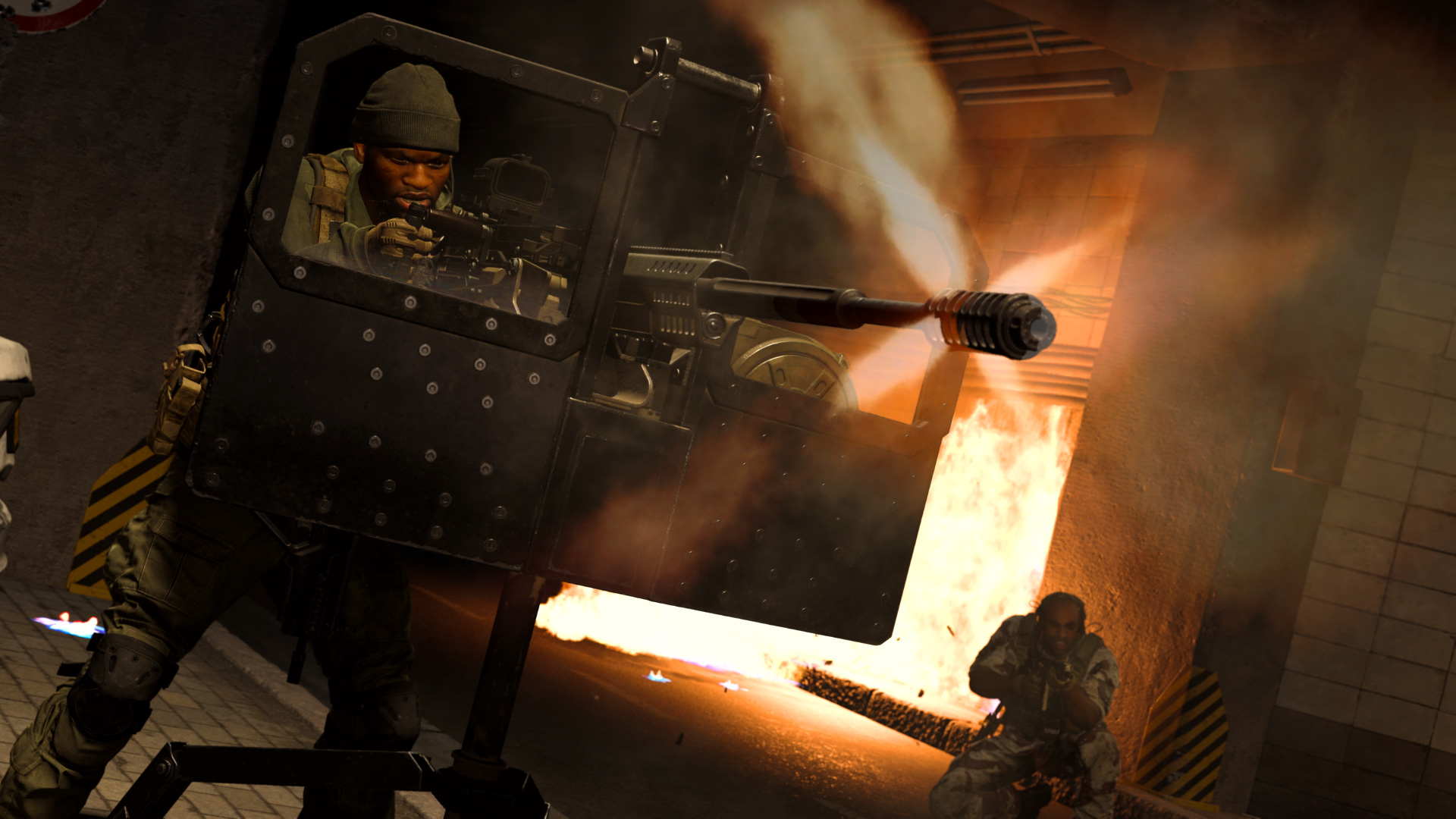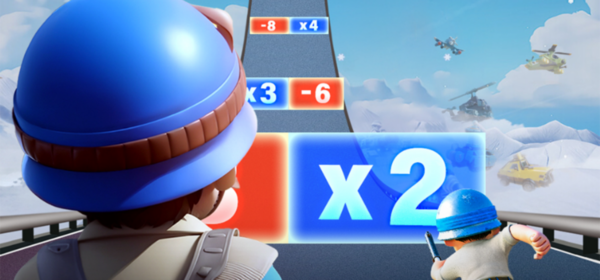Activision is suing the developer of the browser game Warzone over the trademark
Another trial at Activision. This time the company went to court after it was accused of violating the trademark “Warzone”. The fact is that at the end of 2017, indie developer Randy Ficker launched a browser game Warzone.com — almost three years before the release of Call of Duty: Warzone. According to Ficker, the trademark rights should belong to him.
Call of Duty: Warzone
This is reported by Reuters with reference to the case materials.
The dispute between the developers began in October last year. Then Ficker sent a lawsuit to the court, in which he threatened Activision with a large fine for violating his rights to the sign and demanded to abandon the use of the word “Warzone”. Ficker also stated that the release of Call of Duty: Warzone seriously affected the success of his browser project and caused “considerable confusion among consumers.” Say, gamers confused the games because of the similarity in the names.
That’s just Activision itself did not agree with the requirements of the indie developer and last Thursday wrote a counter complaint. The document contains three main arguments in defense of the publisher:
- According to Activision, it applied for trademark registration in June 2020. Whereas Ficker decided to get the rights only four months after that, despite the fact that his project had been working for several years at that time;
- The publisher added that the term “Warzone” is used in at least 16 mobile games. According to Activision, this is just a popular word and it is often found in video games and other entertainment products related to military battles;
- Activision is also sure to mix up Warzone.com and Call of Duty: Warzone is almost impossible. The company calls Ficker’s project “a low-budget niche virtual board game reminiscent of Hasbro‘s Risk.” In addition, Warzone.com It has never been available on consoles, unlike Call of Duty.
It is not known when the court hearing will take place. But if Activision wins the case, the Ficker will be obliged to pay compensation to the publisher and pay for the services of a lawyer. In this case, both games will be able to use the trademark.

